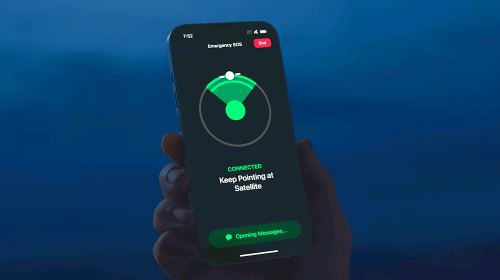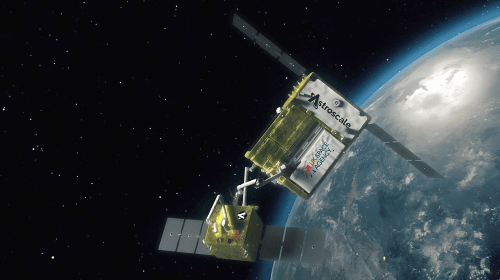Lesotho is a landlocked country located in southern Africa and entirely surrounded by South Africa. With a population of over 2 million, Lesotho’s economy is based largely on agriculture, livestock, manufacturing and mining. The majority of the population rely on subsistence farming and 50% earn their income through crop cultivation and the rearing of livestock. In addition to agriculture, Lesotho has become the largest exporter of garments to the U.S. and is used by many big chains. Water and diamonds are also the other most significant resources to be found within the country which has seen an increase in GDP. In terms of population distribution, 25% of the population live in urban areas, with the remaining 75% located in rural Lesotho. The majority live in the lowlands and the country has a youthful demographic with most of the population between the ages of 15 and 64.
Mobile market penetration in Lesotho is below the national average, but there is competition in the market which is expected to drive penetration up. Despite being a landlocked country, Lesotho does have some access to submarine cables for Internet connectivity, and around 27 percent of the population are Internet users. There exists low fixed-line teledensity, but there are some ISPs that have rolled out wireless infrastructure for Internet access and there was the launch of LTE services in Lesotho in 2014.
Satellite Internet Services for ISPs
Access to broadband Internet services can be improved in Lesotho, and, in order to fill gaps in connectivity and to reach those pockets of population in the highland regions of the country, use of a VSAT broadband solution can provide a very cost-effective means of connectivity. For ISPs, it can be extremely difficult to expand outside of urban areas, where density of population is high in comparison to rural and remote areas. With the majority of Lesothoans making a living from agriculture, connectivity to the Internet can provide them with huge opportunities. A VSAT solution provided to a community or mobile data services delivered via a mobile network are incredibly useful tools. Through Internet services, farmers and their families can access financial services, information on agricultural techniques and equipment, advice and educational and governmental services that can help their businesses to thrive or to enable them to sell surplus crops and livestock to make a profit.
BusinessCom Networks have been working in Southern Africa and have a depth of local experience that is difficult to match. The BusinessCom team can assess the needs of individuals, businesses, communities and governments to determine the very best network solution for their requirements and for their budget. Then, our local technicians can install, configure and assist you with your new network, enabling you to get the best out of your connectivity using our bandwidth optimisation tools.
Internet access can be available to all through satellite-based connectivity, regardless of geography, terrain or distance from urban areas. Deployable anywhere, rapidly and cost-effectively, VSAT-based Internet solutions mean that Lesothoans can benefit from education, healthcare, financial information, the global marketplace and a great deal more.
Key features
Key differentiators of BusinessCom VSAT services in Lesotho are:
- Broadband Internet access
- Toll quality VoIP and Videoconferencing with CIR
- Reliable SLA through FDMA and D-TDMA
- Star, Mesh and hybrid Star/Mesh topology networks
- Full support of accelerated VPN, CITRIX, ERM and other business applications
- Highly secure operation with optional AES embedded encryption
- Global C-Band coverage and sub-Sahara Ku-Band
- Landing at top tier redundant IP facilities in Western Europe and United States
- Sentinel-based QoS, bandwidth management and optimization platform





